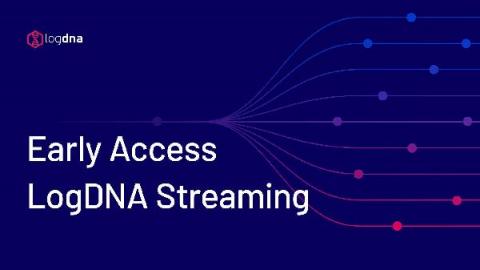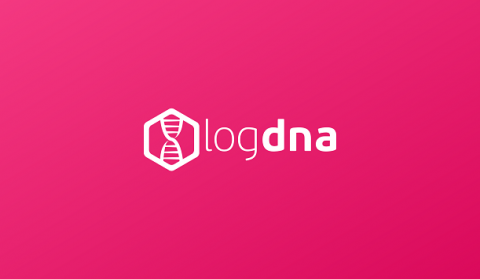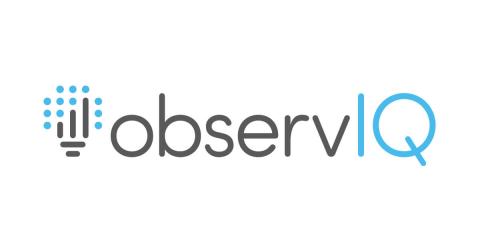Operations | Monitoring | ITSM | DevOps | Cloud
Latest News
All You Need To Know About HAProxy Log Format
Secure your deployments on Elastic Cloud with Google Cloud Private Service Connect
We are pleased to announce the general availability of the Google Cloud Private Service Connect integration with Elastic Cloud. Elastic Cloud VPC connectivity is now available to all customers across all subscription tiers and cloud providers (AWS, Microsoft Azure, and Google Cloud).
The Observability Data Opportunity
Observability data, and especially log data, is immensely valuable for modern business. Making the right decision—from monitoring the bits and bytes of application code to the actions in the security incident response center—requires the right people to generate insights from data as fast as possible.
Taming Rails Logging with Lograge and LogDNA
Rails is a classic on Ruby for a reason. The framework is powerful, intuitive and the language has a low entry bar. However, being designed when systems existed on a single server, standard Rails logging is excessively fractionalized. Even on a single server, a straightforward call can quickly turn into seven unique, unconnected logs.
Understanding Cardinality in a Monitoring System and Why It's Important
The journey to becoming cloud-native comes with great benefits but also brings challenges. One of these challenges is the volume of operational data from cloud-native deployments — data comes from the cloud infrastructure, ephemeral application components, user activity, and more. The increased number of data sources does not only increase datapoint volume – it also requires that monitoring systems store and query against data with higher cardinality than ever before.
With Elastic Cloud on AWS, Smarter City Solutions ensures seamless customer experience across the Smarter Parking Platform
Ensuring a seamless customer experience is a growing challenge for digital technology providers. Yet, as functionality and a customer base scale, predictability can become challenging.
Elasticsearch Audit Logs and Analysis
Security is a top-of-mind topic for software companies, especially those that have experienced security breaches. Companies must secure data to avoid nefarious attacks and meet standards such as HIPAA and GDPR. Audit logs record the actions of all agents against your Elasticsearch resources. Companies can use audit logs to track activity throughout their platform to ensure usage is valid and log when events are blocked.
9 Best Practices for Application Logging that You Must Know
Have you ever glanced at your logs and wondered why they don't make sense? Perhaps you've misused your log levels, and now every log is labelled "Error." Alternatively, your logs may fail to provide clear information about what went wrong, or they may divulge valuable data that hackers may exploit. It is possible to resolve these issues!!!
Logging Agents Vs Log Libraries
Log management has been around for a long time, but how we manage our logs has changed profoundly over the years. For effective log management, there are times when you may have to trade off the new for the old, and vice versa. A clear understanding of log agents and log libraries will help assess what works best for different applications and infrastructures.











